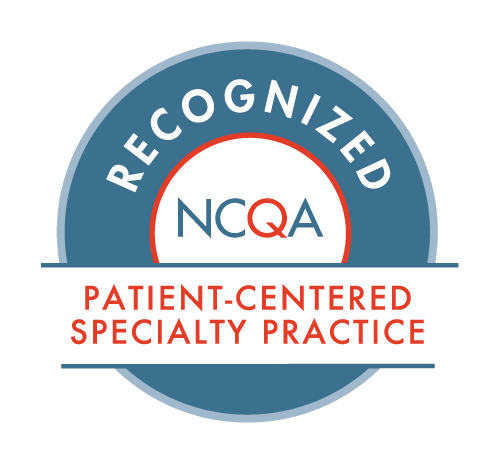Valvular Heart Disease
Valvular heart disease occurs when at least one of the four valves in the heart becomes damaged or diseased. With this condition, the damaged valve becomes either stenotic (the valve becomes narrow or tight due to hardening) or regurgitant (the valve does not close tightly and leaks).
An estimated 2.5% of people in the United States have valvular heart disease, which also affects about 13% of people born before 1943. This condition may be present at birth or caused by factors including rheumatic fever, bacterial endocarditis, radiation therapy, and other heart conditions.
Signs and Symptoms of Valvular Heart Disease
Signs and symptoms may include:
- Shortness of breath
- Pain, pressure, or discomfort in the chest
- Fatigue or weakness
- Dizziness or fainting
- Fever
- Rapid weight gain
- Swelling in the feet, ankles, or abdomen
- Irregular heart rate
Treatment and Management of Valvular Heart Disease
Treatment for valvular heart disease usually depends on its severity. Mild disease may not require any treatment. Treatments include:
- Medications to reduce symptoms (diuretics, blood thinners, and antiarrhythmics are some of the most common medications used)
- Surgery to repair or replace the damaged heart valves
- Smoking cessation, if you currently smoke
- Exercise
- Weight management
- Nutrition and healthy diet changes
- Reduced alcohol intake
- Stress management
- Cardiac rehab
Transcatheter aortic valve replacement (TAVR) is a minimally invasive treatment option for aortic stenosis, which is the narrowing of the aortic valve. In TAVR, a diseased or damaged aortic valve is replaced with an aortic valve made from animal tissues. This procedure is becoming more widely available, and is far less invasive than open-heart surgery.
Who Qualifies for Treatment?
You may qualify for treatment if your valvular heart disease is moderate to severe. Contact a cardiologist to discuss your available treatment options if you have valvular heart disease and meet the following criteria:
- Your symptoms are getting worse.
- You have new symptoms.
- Your current treatments are not helping or do not seem to work.
- Lifestyle changes related to nutrition, exercise, and stress management are not helping your condition.
Our physicians can discuss which heart treatment is best for you based on your condition’s unique circumstances and overall health status.
Hunterdon Cardiovascular Associates is committed to providing the highest quality of care in a patient-centered environment. Our offices are conveniently located in Flemington, Clinton, and Bridgewater. We have subspecialty centers available to ensure our patients receive the proper care for their condition. Contact HCA today at (908) 788-1710 to make an appointment with one of our cardiologists.



